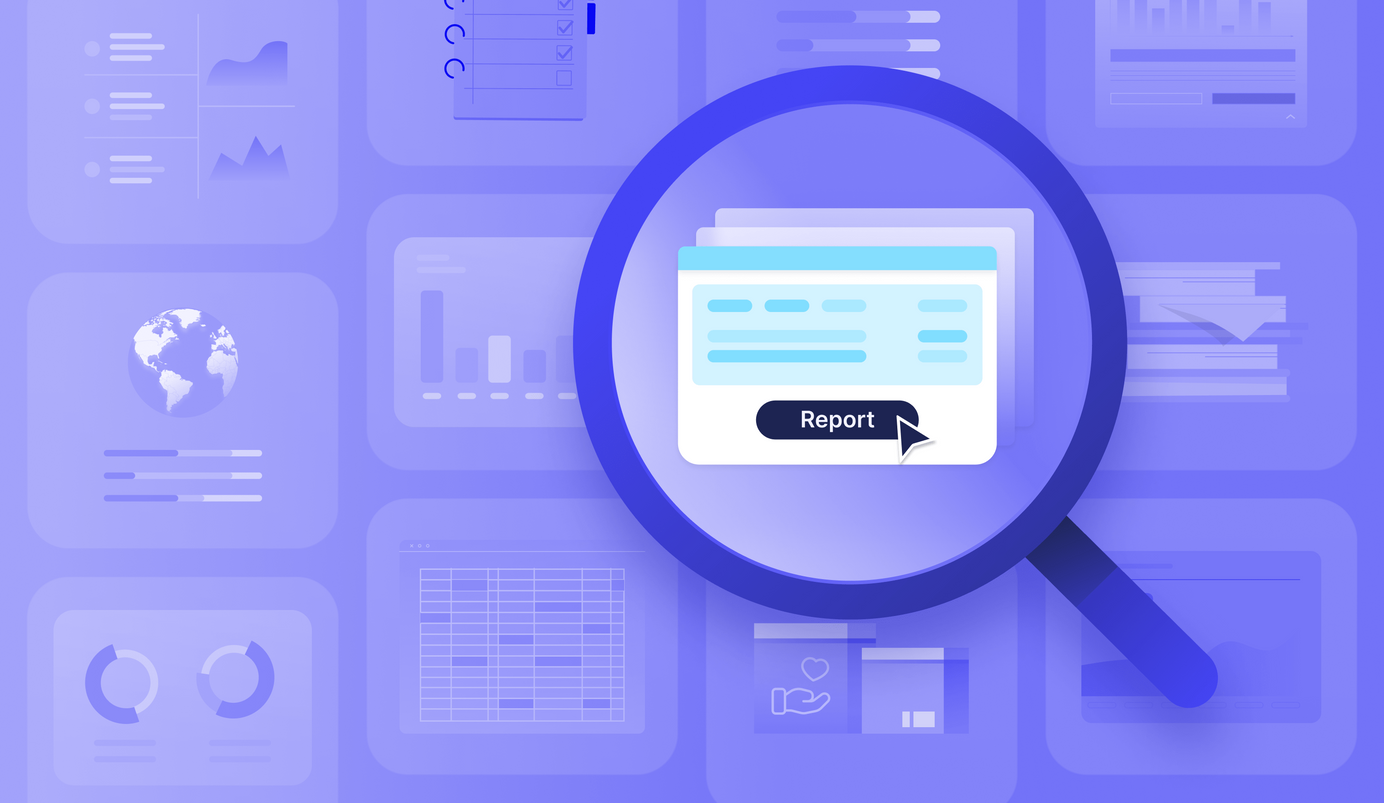
As your business expands, the importance of a reliable accounting platform becomes increasingly significant. Choosing the right accounting software can streamline your financial processes, improve accuracy, and provide valuable insights for decision-making. Here are some essential factors to consider when selecting the ideal accounting platform for your growing business.
1. Understand Your Business Needs
Before diving into the features of various accounting software options, take a moment to assess your specific business needs. Consider the following:
- Size of your business and number of users
- Industry-specific requirements
- Volume of transactions
- Integration with existing tools and software
By understanding your unique requirements, you can narrow down your options and focus on platforms that cater specifically to your business model.
2. Evaluate Key Features
Different accounting software platforms offer various features. Here’s a chart summarizing some essential functionalities to look for:
| Feature | Description | Importance |
|---|---|---|
| Invoicing | Create and send professional invoices easily. | High |
| Expense Tracking | Monitor and categorize business expenses efficiently. | High |
| Reporting & Analytics | Generate financial reports for insights into your business performance. | High |
| Tax Management | Automate tax calculations and reporting. | Medium |
| Multi-Currency Support | Handle transactions in different currencies. | Medium |
| Mobile Access | Access your accounting data on the go. | Medium |
Identifying which features are crucial for your business will help you prioritize platforms that meet those needs.
3. Consider Scalability
Your business will continue to grow, and your accounting software should be able to grow with you. Look for platforms that offer scalability options, such as:
- Additional user licenses
- Advanced features as your business requires them
- Integrations with other tools or software
A scalable solution ensures you won’t have to switch platforms as your business expands, saving time and resources in the long run.
4. User Experience and Support
The usability of the accounting software is critical. A user-friendly interface can significantly reduce the learning curve for your team. Additionally, consider the following:
- Availability of customer support
- Quality of tutorials or documentation
- User community or forums for assistance
Opt for platforms that provide comprehensive support and resources to help you navigate challenges as they arise.
5. Budget Considerations
While it might be tempting to opt for the most feature-rich accounting software, it’s essential to stay within your budget. Evaluate the following:
- Initial setup costs
- Monthly or annual subscription fees
- Additional costs for features or user licenses
Make sure to choose a platform that provides the best return on investment, balancing cost with the features and support you need.
6. Read Reviews and Testimonials
Before committing to a specific accounting software, research user reviews and testimonials. Look for feedback on:
- Overall user satisfaction
- Customer support experiences
- Real-world results and improvements
Reviews from other businesses in your industry can provide valuable insights into how well the software performs in practice.
7. Take Advantage of Free Trials
Many accounting software providers offer free trials. Take advantage of these opportunities to:
- Explore the platform’s features
- Assess user experience
- Test compatibility with your existing processes
Using a free trial allows you to make an informed decision before investing in a long-term solution.
Conclusion
Choosing the right accounting software for your growing business is a vital step towards efficient financial management. By understanding your needs, evaluating features, considering scalability, and seeking user feedback, you can find a solution that not only meets your current requirements but also supports your future growth. Invest the time to research and test different options, and you'll be well-equipped to make the best choice for your business's financial health.
